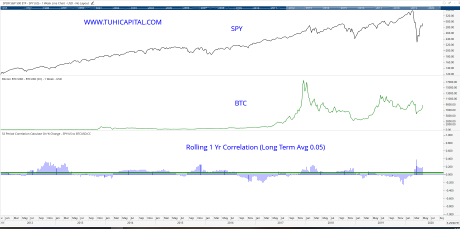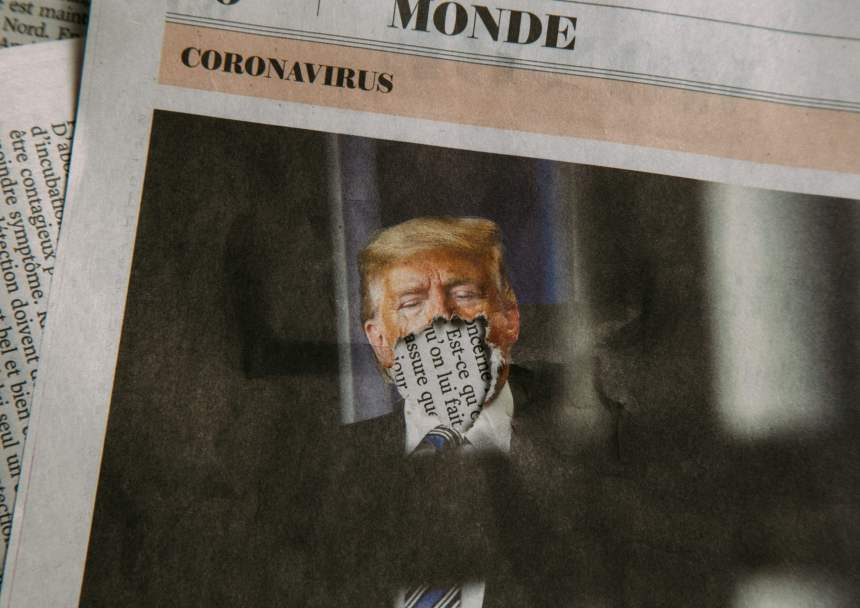- Bitcoin faces risks of a short-term, but steep downside correction as Donald Trump threatens to terminate the phase one deal with China.
- Investor fears that a new trade war with Beijing would escalate the global economic crisis further amidst the Coronavirus-induced lockdown.
- Losses in the Wall Street index in March influenced traders to liquidate their bitcoin positions to cover their margin calls.
The most profitable asset is always at the risk of becoming the most battered asset.
Bitcoin, which is now sitting at 20 percent year-to-date returns, faces a similar threat from traders and investors alike. Its likelihood of suffering an abrupt fall surged after the U.S. started attacking China over the origins of the coronavirus pandemic.
US state secretary, Mike Pompeo, on Sunday, repeated the U.S. government’s linking of the virus outbreak to a laboratory in Wuhan, China. He further accused Beijing of hiding information about the virus and refusing to cooperate with foreign scientists for developing a vaccine.
The statements led investors to fear the revival of the U.S.-China trade war. As a result, bitcoin, as well as futures linked to the S&P 500 index fell into the beginning of this week. The Dow Jones and Nasdaq also hinted to start lower after the New York opening bell.
“Investors worry that any escalation of tensions will damage the US economy,” said Paul Donovan, chief economist at UBS Wealth Management’s chief economist, in an investor note.
Bitcoin Stares at Phase One Deal
Mr. Pompeo’s anti-China statements came only hours after Donald Trump has threatened to end the Phase One deal if Beijing fails to buy $200 billion worth of American-made goods and services.
Many analysts stressed that China could no longer go ahead with the purchase since coronavirus has shrunk its economy to its lowest since 1987. Beijing’s failure to meet the terms of Phase One deal could lead the U.S. to restart its tariff war, as Trump indicated in his televised address.
“We’re going to have to see what’s going on [with the purchases] because of what happened,” he said. “They took advantage of our country. Now they have to buy and, if they don’t buy, we will terminate the deal. Very simple.”
A renewed trade war should serve bitcoin an opportunity to emerge as a global safe-haven asset. The cryptocurrency behaved as one during the second quarter of 2019, rising about 164 percent gains on strong retail and institutional demand. But coronavirus has changed bitcoin’s role drastically over the past two months.
A Big Fall Ahead?
Bitcoin ducked its safe-haven status to join ranks with the risk-on assets shortly after topping above $10,000 earlier this year. Sitting atop more than 40 percent in profits, the cryptocurrency negated all its gains in March 2020 as investors sold it en masse to cover their traditional market losses.
While bitcoin recovered completely to its pre-crash levels after a month, its price rally came in sync with similar moves across the Wall Street index, mainly the U.S. benchmark S&P 500 index. All the price rallies attracted capital from the Federal Reserve’s open-ended stimulus program.

If Phase One deal ends, it would leave the U.S. stocks under stress, creating another ripple effect of selling across other assets for cash liquidity. At its attractive YTD gains, bitcoin would remain under the risk of panic-selling.























